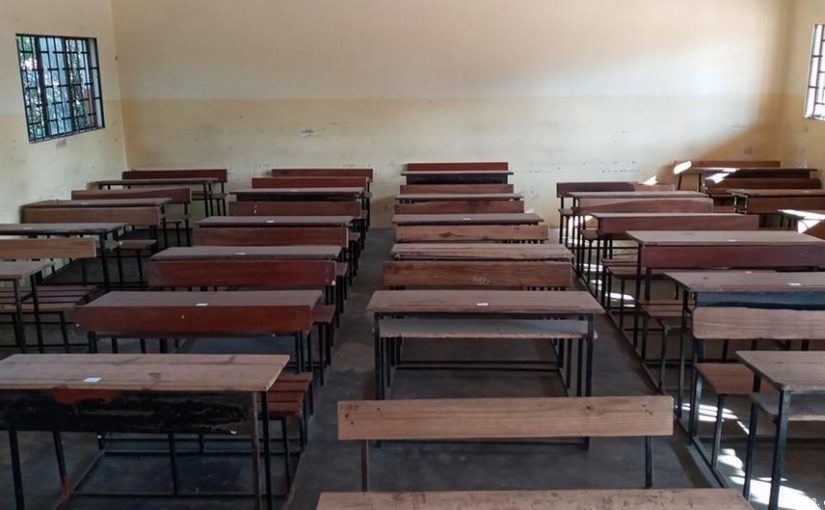Mozambique: Health unit reopens after December cholera disinformation riots
Mozambique: University teachers criticise trivialisation of education

File photo: DW
The League of University Teachers of Mozambique today deemed unacceptable the “trivialisation of education” in the country, expressing concern over the scandal caused by the detection of errors in textbooks of the 6th year of education.
The organisation said that “the trivialisation of education, especially in the first and second cycles, is unacceptable where the country is exposed to various challenges brought about by globalisation and the era of information and communication technologies”.
For university teachers, it is equally inconceivable that when the world is racing towards increasingly digitised training, Mozambique continues to print manuals with errors that contribute to the deformation of training.
“The recent scandal highlights the need, as a nation, to have a debate on building a collective vision on education, which can no longer be postponed,” the statement said.
The debate, it continues, should inform the decision making for the implementation of deep reforms that allow an education that effectively responds to the current world’s challenges.
The organisation called for any culprits of the errors detected in textbooks to be held accountable, praising the minister of education and human development, Carmelita Namashulua, who announced last week the withdrawal of textbooks found with errors.
“It is true that replacing the books carries costs, in the short term, as it will be necessary to spend money on correcting the contents, revising, printing, transporting and distributing the revised books. However, the long-term cost of keeping these books, with all the mistakes they contain, would be incalculable for the country’s future,” emphasised the League of University Teachers of Mozambique.
Last Friday, the Civil Society Forum for Children’s Rights (ROSC) demanded the accountability of those responsible for the errors detected in textbooks in Mozambique, defending an independent audit on the production of textbooks in the country.
“The government should use the report produced by the independent audit committee to hold those who directly or indirectly did not prevent the books being published with the errors identified throughout the production chain of schoolbooks collectively and individually responsible,” said a statement from the ROSC sent to Lusa.
The authorities are also due to make a public communication to share the results of the schoolbook audit and the measures taken to hold those guilty accountable “for these serious flaws with a national dimension and that harm several generations of pupils”.
On Thursday, Mozambique’s minister for education and human development said that the Social Sciences textbook for grade 6 would be withdrawn from schools due to “unacceptable and inadmissible” mistakes.
Namashulua also announced the suspension of the director of the National Institute for Education Development (INDE), the state body responsible for directing the process of book production, the dissolution of the Commission for Evaluation of School Books (CALE) and its replacement by another structure.
Among the most glaring errors detected in the 6th-grade book is the geographical location of Mozambique, which in the book is located in East Africa and is not listed as a country of the Southern African Development Community (SADC), an entity in whose foundation it participated.
Another anomaly considered serious is the location of the former borders of Zimbabwe, a country that borders Mozambique but which the book states is bathed by the Red Sea.
The mistakes also include a photo of the Angolan parliament as being from Mozambique.
Following the errors, an enquiry by the Ministry of Education and Human Development is underway.












Leave a Reply
Be the First to Comment!
You must be logged in to post a comment.
You must be logged in to post a comment.